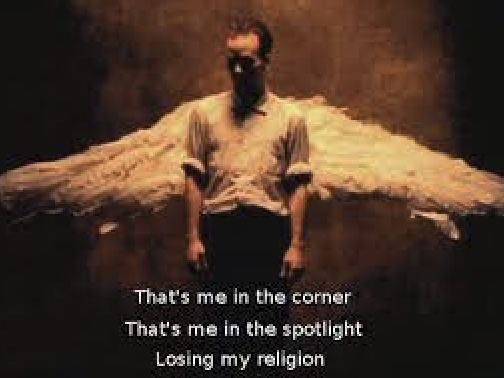I’m back in Oklahoma after spending big chunks of the last week in California and Texas.
This is our weekly roundup of the top headlines and best reads in the world of faith. We start with the killer’s sentence in the 2018 Tree of Life synagogue shooting.
What To Know: The Big Story
Antisemitic attack: “The man who killed 11 congregants at a Pittsburgh synagogue was formally sentenced to death Thursday, one day after a jury determined that capital punishment was appropriate for the perpetrator of the deadliest attack on Jews in U.S. history.”
That’s the lede from The Associated Press’ Peter Smith (a religion writer who has covered this case from the beginning) and Michael Rubinkam.
Painful process: Survivors characterized Robert Bowers’ trial as extremely difficult to endure and a necessary accounting, according to the New York Times’ Nicholas Bogel-Burroughs, Anna Betts and Jon Moss. The Times:
“Most families of the victims have said that they supported a death sentence, but some have been outspoken in their opposition to it. One, Miri Rabinowitz, whose husband was killed, said executing the gunman would be a “bitter irony” because her husband had been devoted to “the sanctity of life.”
What’s next: But a big question remains: When will Bowers be put to death?
An even bigger question: Will he actually be executed?
As Religion New Service’s Yonat Shimron points out, “it will take years and likely decades for the sentence to be carried out, if it happens at all.” RNS explains:
Bowers will join 41 others on federal death row. Sixteen people have been executed by the federal government since Congress reinstated capital punishment in 1988.










